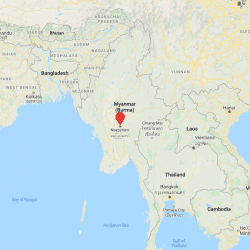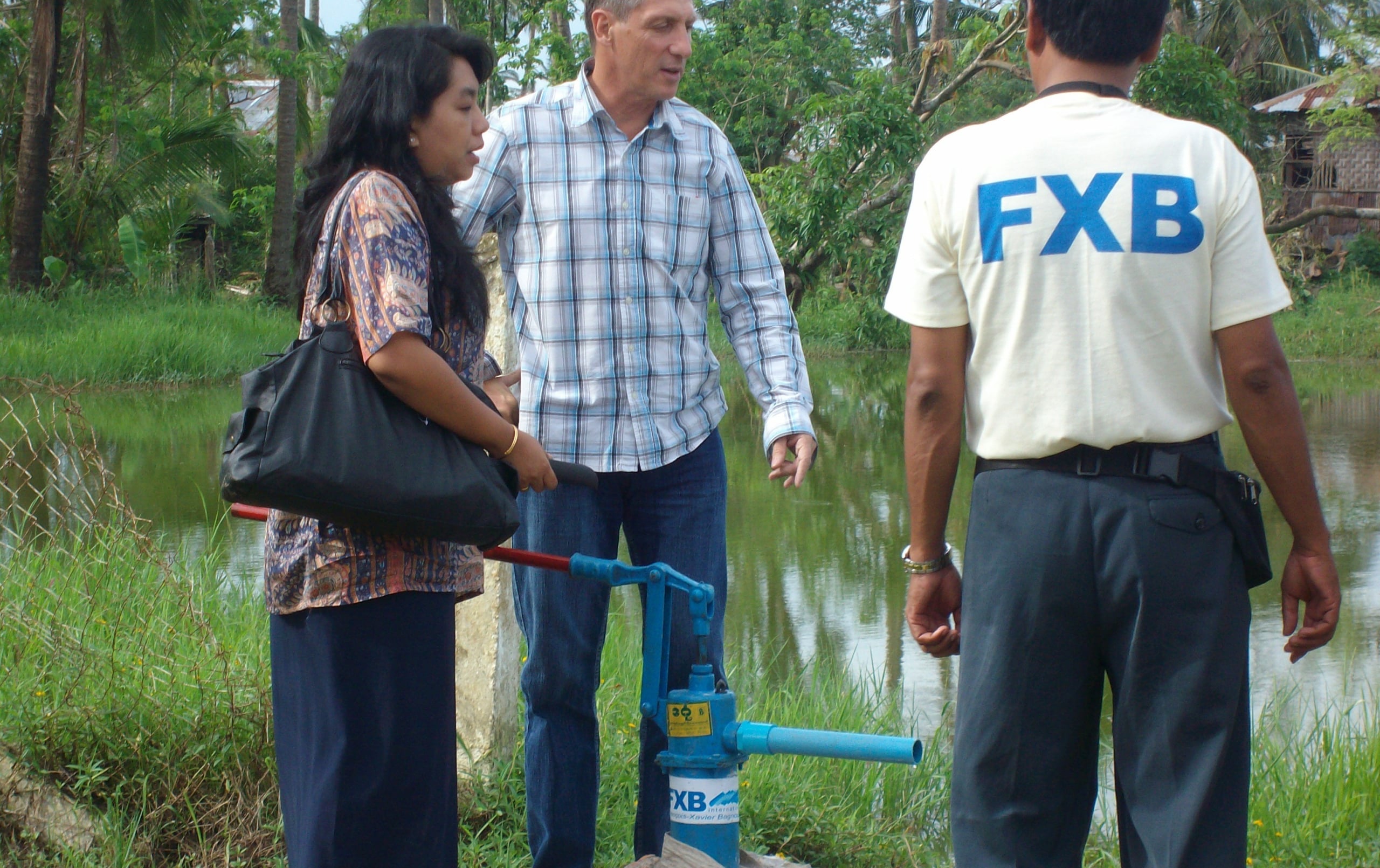Context
Myanmar is one of the poorest and least developed countries in Asia. In 2019, it ranked 145th out of 191 countries on the United Nations Development Program’s Human Development Index.
The country has suffered from political conflict for decades. In 2021, a new crisis erupted, jeopardizing many of the impressive development gains the country has made over the past 15 years.
A combination of economic instability, the effects of the Covid-19 pandemic and escalating conflict means that nearly half the population now lives below the poverty line.
Furthermore, gender inequality and women’s exposure to violence, harassment and abuse are not only critical protection risks, but also a significant obstacle to the country’s development. It is essential that women and girls have full access to education, vocational training, and economic opportunities and that their leadership capacities are strengthened to enable them to participate in mainstream decision making.
Our action
Coordination and implementation FXB International
Financial Partners: IF International Foundation and Fonds de soutien Migros.
BREAKING THE VICIOUS CYCLE OF POVERTY
Poverty is multidimensional. It is more than just a lack of income. In Myanmar, poor people face a range of complex problems, including conflict, displacement, malnutrition, lack of clean water, limited access to education and information, disease, poor housing and environmental conditions, social discrimination and exclusion, and adverse weather conditions.
THE STRENGTH OF OUR APPROACH: ADDRESSING THE MULTIPLE CAUSES OF EXTREME POVERTY
Addressing only the issue of income is an insufficient solution to sustainably overcome poverty.
Our Economic and Community Development FXBVillage Model allows us to provide, in three years, a complete response to the fundamental causes of poverty by simultaneously acting on 5 predominant factors.
The fundamental pillar of our model is economic strengthening. Its main innovation is the donation of seed capital—in lieu of loans—thus allowing families to achieve economic autonomy. Families are also given training in business management and financial literacy, enabling them to start income-generating activities (microenterprises) and gradually earn enough money to meet their daily needs, facilitate their financial inclusion, and continue to prosper after the program ends.
Along with economic strengthening, FXB ensures that every family member has access to basic human rights through four additional pillars: food security, access to education and critical health & social information, access to adequate health services, and a healthy home & environment.
For FXB, combating poverty also means fighting against all forms of discrimination, particularly gender discrimination, in order to balance relations between men and women so that the latter, who are more exposed to poverty, can access the same economic and social opportunities.
FXB provides ongoing coaching and mentoring throughout the three years of the project to ensure that participants develop the confidence and ability to take action and acquire the economic and social skills necessary to successfully move out of extreme poverty.
THE STRENGTH OF OUR ACTION : ENSURING SUSTAINABLE AUTONOMY
All dimensions of the FXBVillage model have been designed to ensure impact sustainability. FXB builds capacity, rather than creating dependency on external aid.
Through their work and commitment, participants ensure the sustainability of results on their quality of life.
At the heart of our model is the human being: we help each person express the potential that lies within. Thus, as our intervention progresses—and each participant’s ability to meet the needs of his/her family grows—FXB’s financial support gradually decreases.

